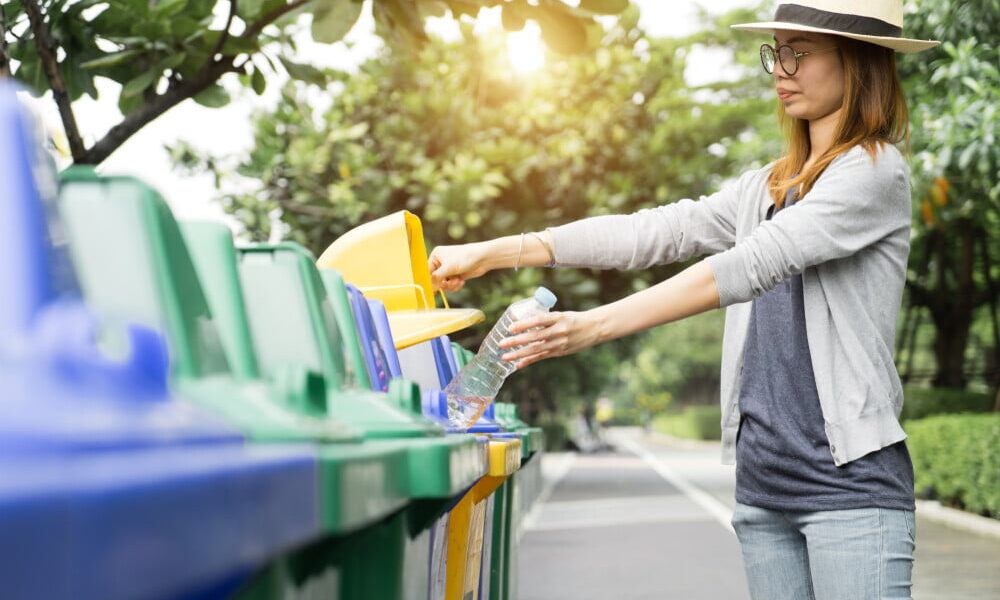It’s actually a lot easier than you might think to keep your home clean without harming the environment, and all you need is some elbow grease and 5 cheap and easy to find ingredients:
- Distilled white vinegar
- Castile soap (or any mild dish soap)
- Baking soda
- Salt
- Lemon juice
These ingredients can be used to make several household cleaners, and if you want them to smell a little more fragrant, simply add a few drops of your favorite essential oil.
Here’s how to use lemons:
Easy Peasy Lemon Squeezy
The citric acid in the juice of lemons works well for breaking down stains and has zero toxicity. If you squeeze a lemon and use the juice, its natural antibacterial properties will help to eliminate a whole host of unfavorablearomas, and works wonders to freshen up a kitchen sink disposal. Lemon juice is also fantastically effective for cleaning wooden cutting boards, and by simply cutting a lemon in half and covering it in salt, you can use it to scrub the surface of the board and get it hygienically clean again.

Think About Your Paper Towel Consumption
Aside from trying to use natural ingredients for your house cleaning, you should try to think about the materials you use to do your cleaning, such as paper towels. While they may be convenient and you can tear off a strip for each new spillage, it’s far better for the environment if you reuse cleaning cloths or rags, and by strategically placing them around your home, you can ensure you always have one on hand when you need it.
If you prefer to use paper towels, you can buy reusable kitchen paper made of cellulose and unbleached cotton, that does the work of 18 traditional paper towels when you use just one sheet each week.
Think About What You’re Filtering
While we all know about plastic straws and bags that end up cluttering the ocean and killing off birds, fish and mammals, did you know that invisible microfibers from synthetic clothing can also end up in our water sources and be harmful to animals, too? Studies have shown that something as popular and commonly worn as a fleece jacket can release up to 1.17 grams of fuzz with every wash. One simple way of preventing that debris from making its way into landfills and natural environments where it might be harmful, is to zip polyester, acrylic and nylon clothing into a laundry bag before washing, so that you can contain any wayward fibers.
Cleaning without harming the environment doesn’t have to be difficult or expensive, and often, cleaning company professionals adopt natural methods and materials when cleaning, so even if you don’t clean your home yourself, you can be confident that you’re still doing your bit to protect the planet.

